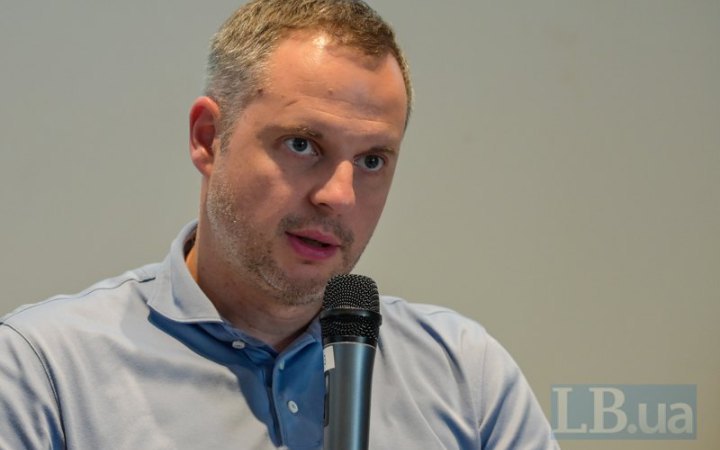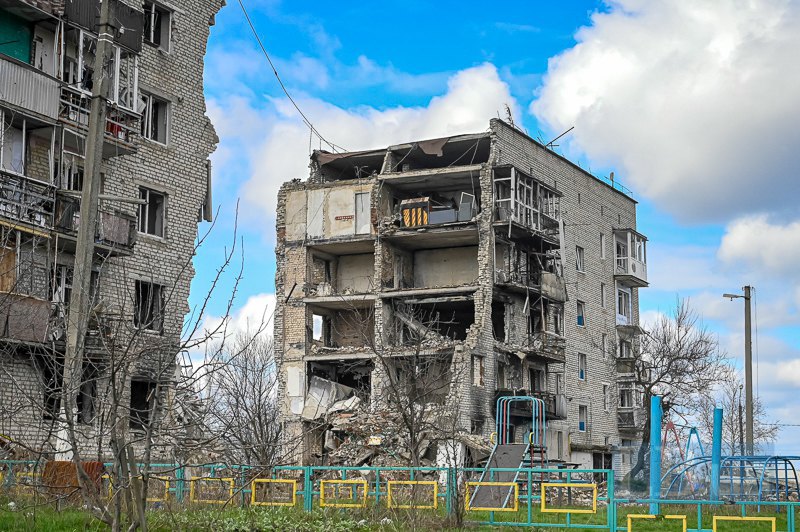
The restoration of social and humanitarian infrastructure and housing is one of the basic conditions for the return of people. And in most cases, it is the role of the state that is key in reconstruction programmes, says Rostyslav Shurma, Deputy Head of the Presidential Office. "All projects, except for housing, will be handled by the State Agency for Restoration and Infrastructure Development. And it is not always – or in most cases – necessary to rebuild where it has been destroyed.
"Let's take schools as an example. We have seen an obviously large surplus of schools in rural areas and a large deficit of schools in cities, which have become centres of urbanisation and will continue to become so with a certain regional context.
Therefore, it will be necessary to build not where it was destroyed, but where people have migrated to and where there is a lack of these places. It doesn't matter if these are schools, hospitals or other humanitarian infrastructure," Shurma says.
He also notes that the state will not perform a notional socialist function by distributing housing to everyone. People will receive compensation and the opportunity to apply for subsidised mortgage.

"We are going to try to launch a mortgage mechanism that has never been fully operational in our country, but that works as the basis for housing provision in any developed country.
What prevented us from launching mortgages, apart from many technical issues, was the level of interest rates. Because a mortgage is not possible if the average long-term interest rate exceeds 7-8%. It simply does not function as a product. That is why, in fact, the government has now launched a subsidised mortgage. Not just a mortgage, but a convenient digital product. We see the first results," Shurma said.
The first 2,000 loans have already been issued in a matter of months. This is more than in the years before, he noted. However, they are hoping for much higher figures.
"Of course, neither 2,000 nor 20,000 is an interesting figure. Of course, the goal is to reach, let's say, hundreds of thousands of mortgages. At least 50,000-100,000 a year. We will move incrementally to avoid overheating of the market. The medium-term goal is to reach about a thousand per month by the end of the year. Then we will reach 10,000, 30,000, 50,000 and up to 100,000 per year," says Shurma.
Subsidised mortgages will be combined with the eRecovery programme.
"When people receive compensation for destroyed housing, they can use this it for a down payment or to pay for 50-70% of the housing they choose. The rest can be received in the form of a subsidised mortgage. This is a good story because it solves not only a social problem for people. It is also a very good catalyst for launching the economy.
Construction is probably one of the best industries that provides a good multiplier for the economy thanks to its high localization and high labour intensity. Because most industries are now fully automated and the number of jobs has been minimised. However, this process has not happened and will not happen in construction," Shurma concluded.








